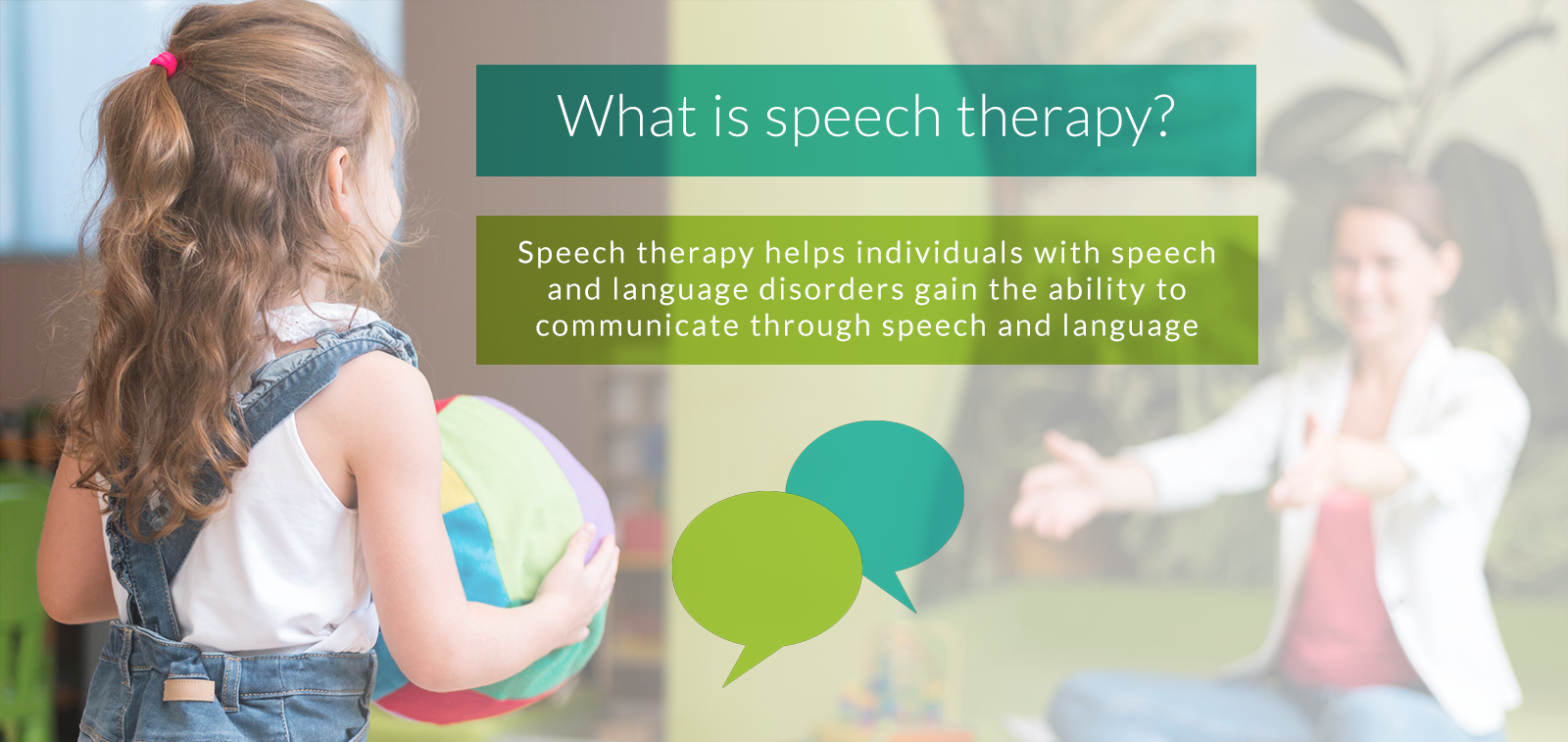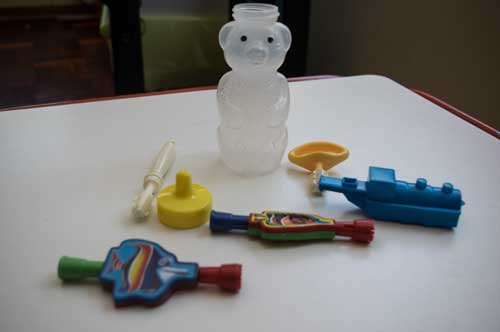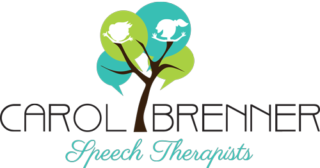
Carol Brenner Speech Therapists
Your child will benefit from speech therapy if they have a speech or language delay, difference or disorder. A speech difficulty involves a problem producing words and sounds, whereas a language difficulty refers to a difficulty understanding language and putting together sentences and ideas for communication.
We offer services for paediatrics, with a special interest in speech, language, feeding and communication. We work with all children and their families as key therapy team members from birth and upwards.
We work closely with other therapy practices should children require the services of physio and occupational therapists or psychologists. We believe in close collaboration with the child’s school and will communicate with doctors and other professionals involved with the child’s care.
- Speech Impediments
- Phonological Disorders
- Childhood Apraxia of Speech (CAS)
- Language Delays
- Auditory Processing Challenges
- Learning Difficulties
- Dyslexia
- Feeding Difficulties
- Autism
- ADHD and ADD
- Neurological Communication Challenges such as Cerebral Palsy
- Rare Diseases and Genetic Conditions resulting in delayed or impaired development
Our Services

Assessment & Treatment
We assess and treat speech, language, auditory processing and communication skills.

Workshops for Teachers
We offer workshops on identifying speech and language difficulties in the pre-schooler, when to refer for a speech or language assessment, and pre-literacy and phonological development.

Feeding Difficulties
Assessment and management of neurogenic feeding difficulties and fussy eaters.

Workshops for Parents
We offer workshops on language stimulation in the preschool years and getting your child ready to read.
When does my child need a speech and language therapist?
- Your child has been diagnosed with a genetic or neurological condition typically related to delayed or impaired communication or feeding, and you suspect problems in these areas may arise, or have already arisen.
- You or your child’s teacher observes that your child’s speech is unclear in relation to their peers, or their understanding of language and ability to follow instructions is poor. They may have poor sentence structure or an inability to make their needs known, and could be showing signs of frustration with not being effective in communicating.
- Your child does not engage meaningfully with peers and toys or does not seem to have “social” understanding of how to use language or communicate.
- You or your child’s teacher becomes concerned about the emergence, or lack thereof, of pre-literacy (pre-reading) skills in the preschool years: for example, understanding and use of rhyming words, remembering nursery rhymes, inability to attend during story time etc.
- You or your child's teacher become concerned about the development of reading or written language development.
- Feeding and or swallowing difficulties arise as a result of a neurological impairment, or your child is a very fussy eater.













